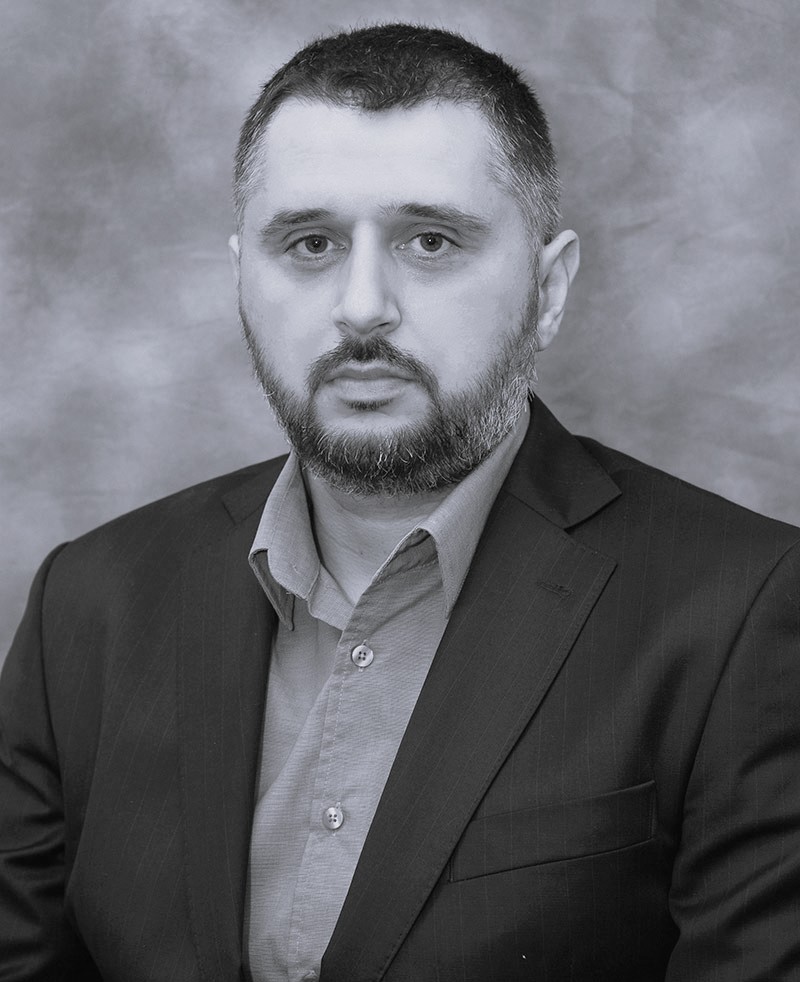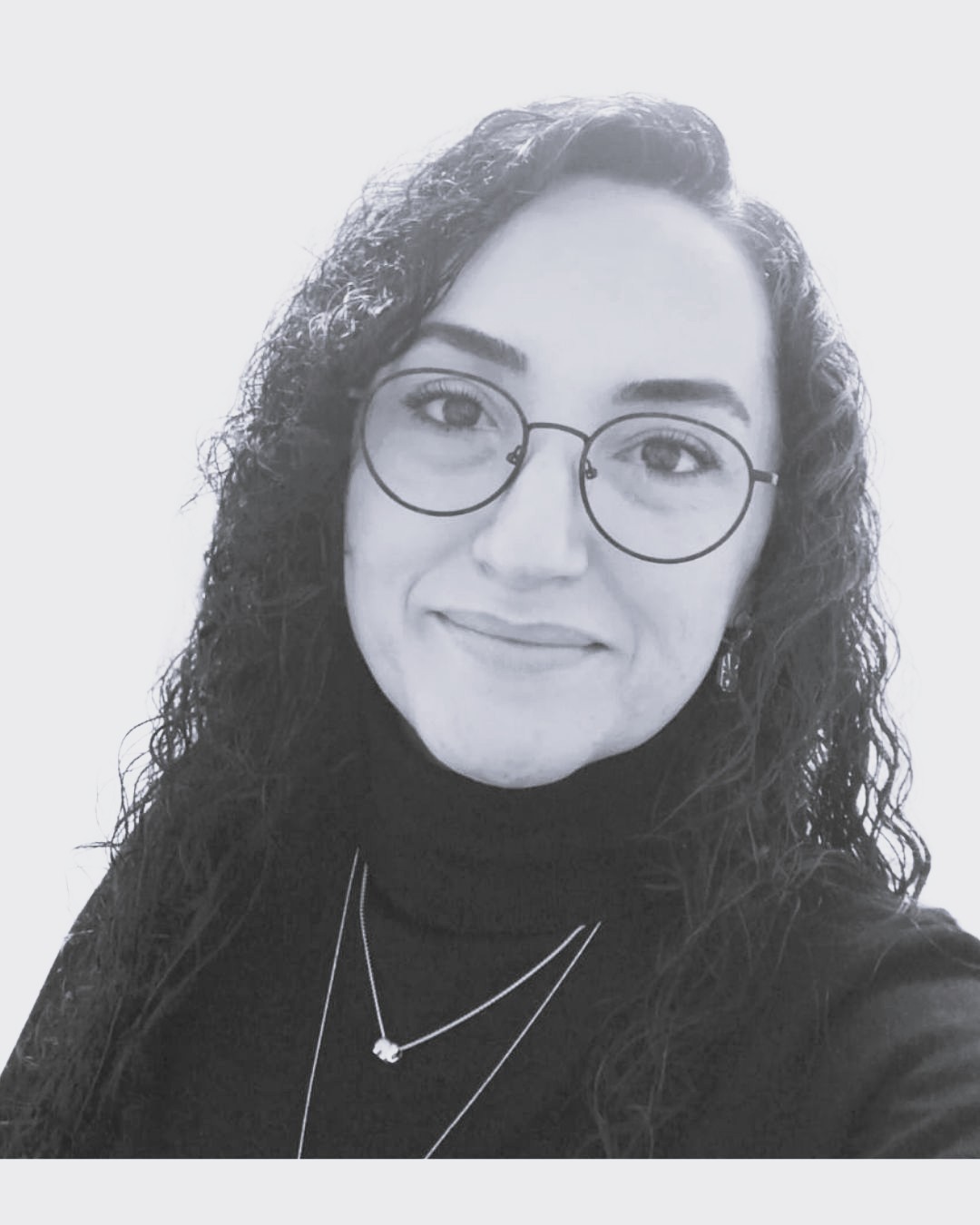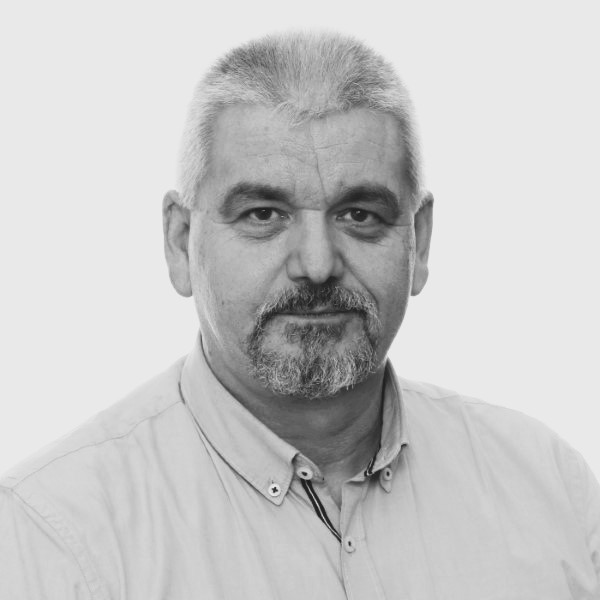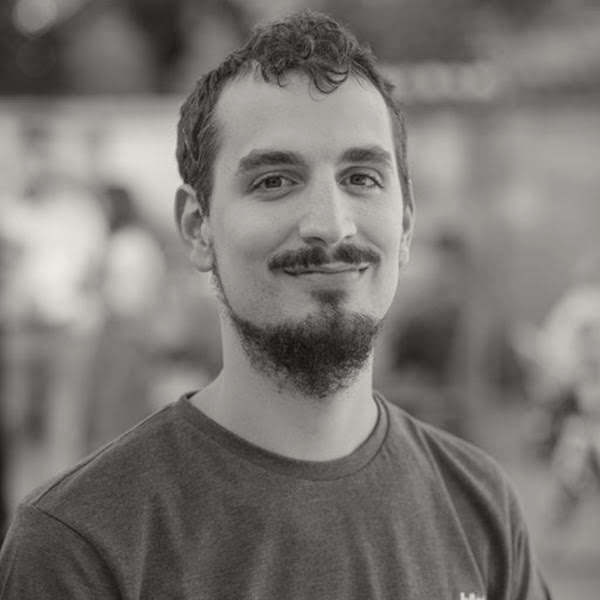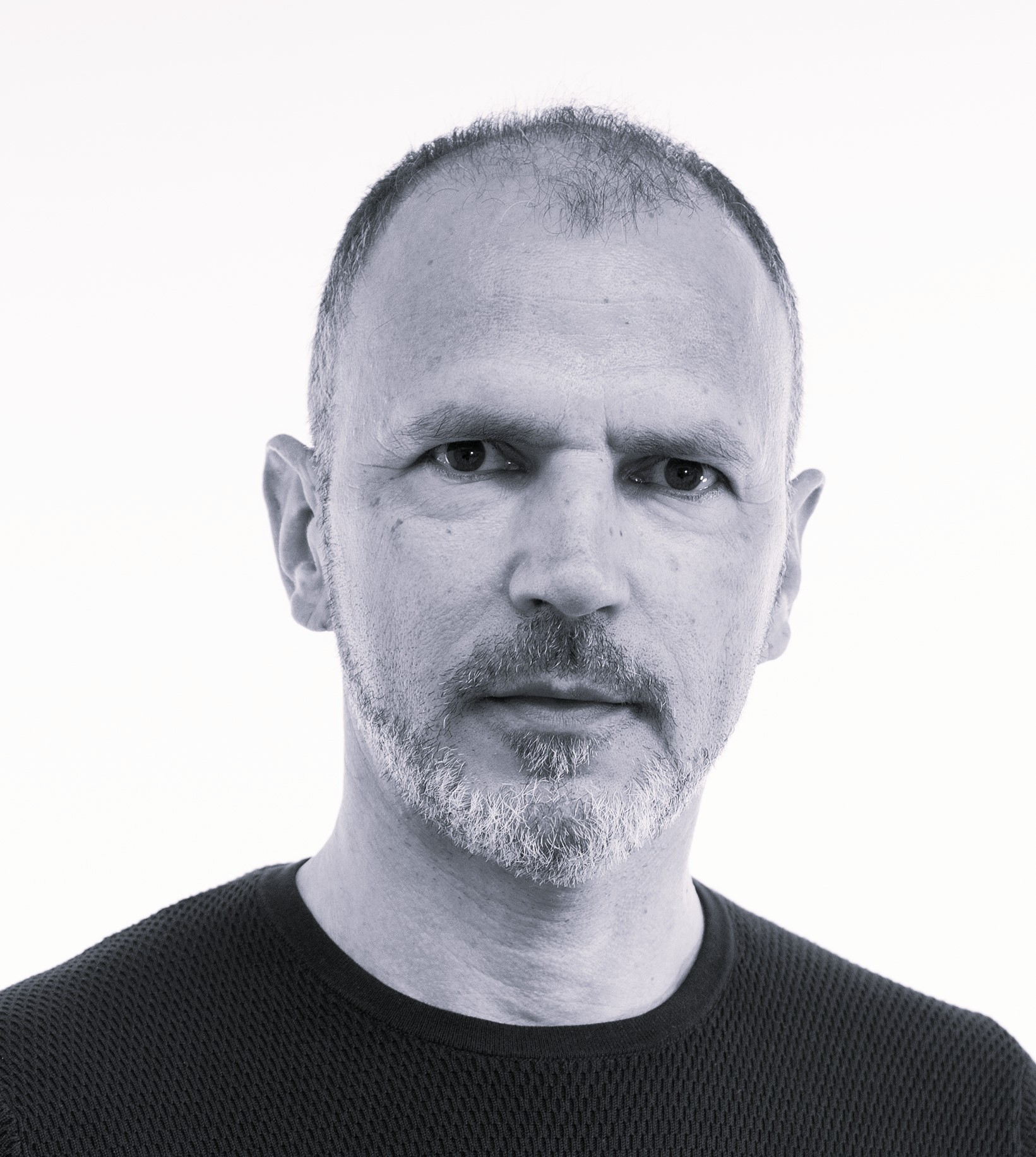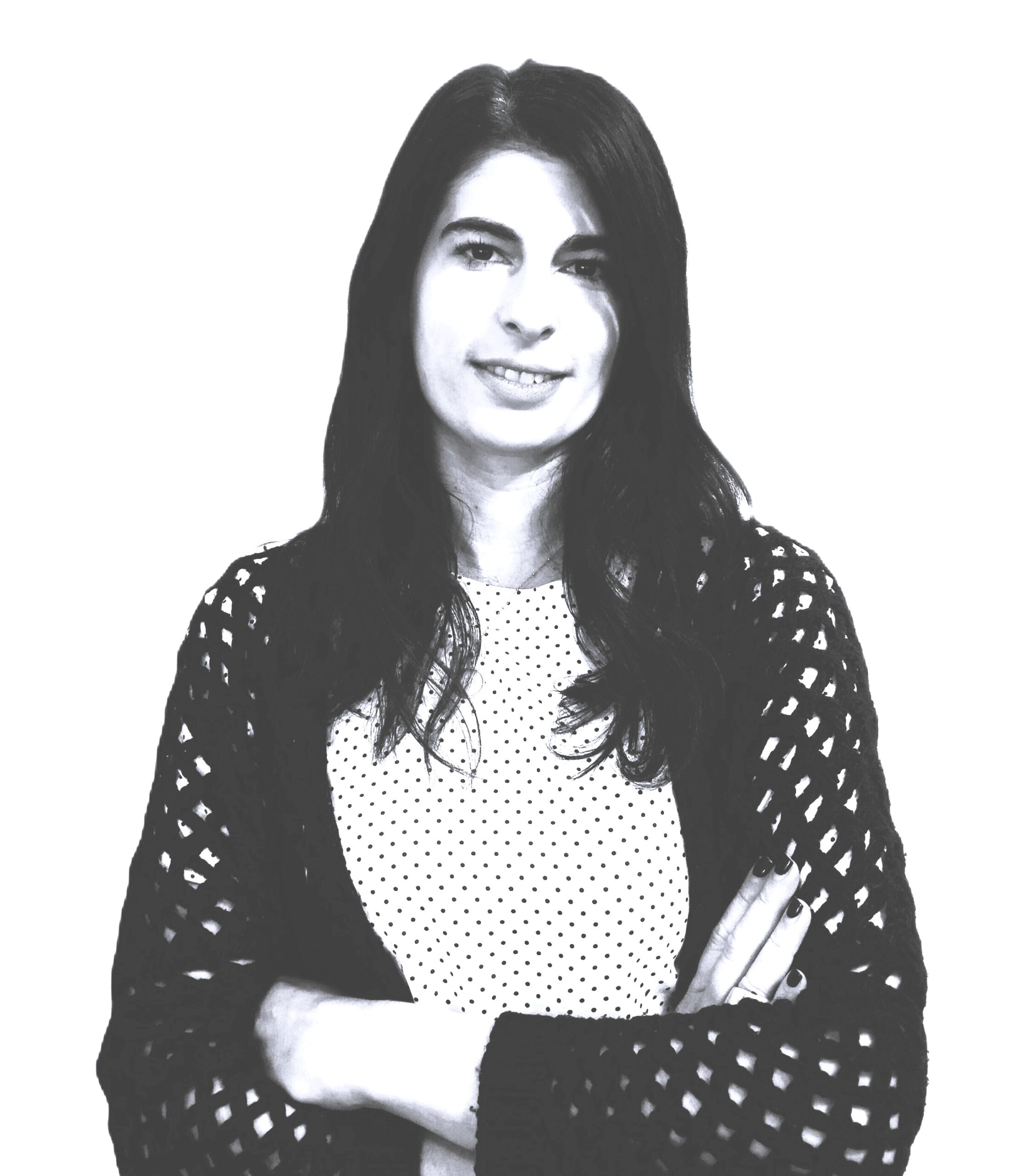Ljiljana has been employed at Oracle Serbia and Montenegro LLC since 2005, holding various positions, with most of her professional work focused on education. She is the responsible person for Oracle’s leading philanthropic educational program supporting the education sector — the Oracle Academy — in Serbia, Montenegro, Hungary, and Bulgaria.
The Oracle Academy provides educators from educational institutions around the world with the computing tools they need to engage, inspire, and prepare their students to become tomorrow’s leaders and innovators — helping them achieve their dreams.
For over 25 years, Oracle Academy has been advancing computer science globally, fostering knowledge acquisition, skill development, innovation, and diversity in technology fields.
This presentation will introduce the ways of collaboration with primary, secondary, and higher education institutions, as well as the curricula and teaching materials that are freely available to educators through this partnership.
A major innovation since 2020 is the new, modern Member Hub system available at the familiar address academy.oracle.com, which offers members a wide range of options. Access has been improved to high-quality courses in areas such as databases, Java programming, Oracle Cloud infrastructure, and other fields. Teachers and professors can complete various professional development trainings independently, at their own pace.
Work with students has also been enhanced in several ways, the most significant being the ability to organize learners into different groups for teaching and learning.
Selected Oracle tools can be used free of charge for educational purposes, and students can obtain internationally recognized certificates, both within the Database subject in IT departments of high schools across Serbia and in other schools offering modern computer science courses.

